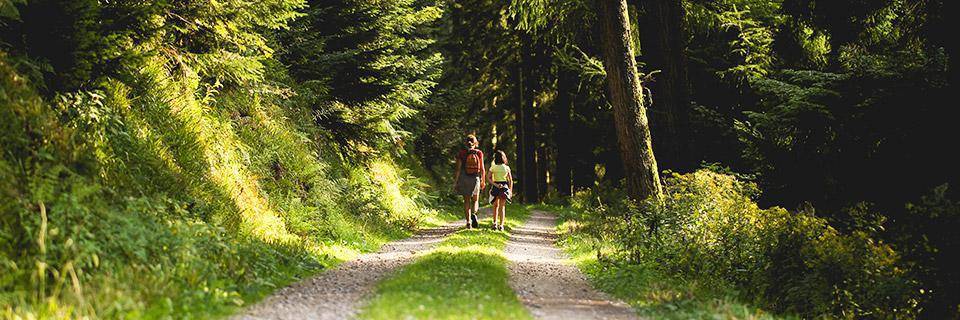You might think of school trips in the drizzling rain when you think of orienteering, but in reality it’s a thriving sport in France. If you’re looking for different things to do in France on your summer holiday, have a read of our beginner’s guide to orienteering in France below!
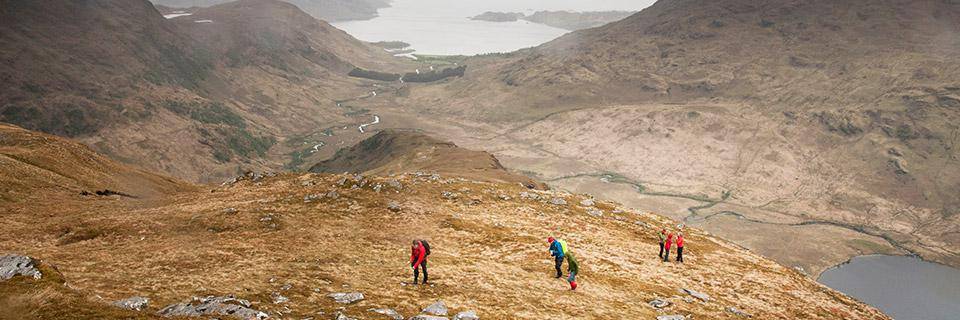
What is orienteering?
Technically orienteering is a sport that uses navigational skills, a compass, and a map to walk or run your way around a course. The course will generally be unfamiliar and challenging terrain.
Orienteering used to be a military training exercise, but now it’s a popular thing to do in the Alps. It’s a great way to get the kids involved in a long country walk, as it’s basically a treasure map!
There are big events as well as small family-friendly courses all over the mountains. If it’s a big orienteering event, the professionals will likely be running cross-country style, but don’t worry, most people will be walking!
Don’t believe this is actually a real life sport? There’s an International Orienteering Federation with guidelines and rules. Plus, World Orienteering Championships, in which France is 5th, and Great Britain is 9th!
If orienteering by foot doesn’t take your fancy, there’s also canoe, car, mountain bike and ski orienteering!
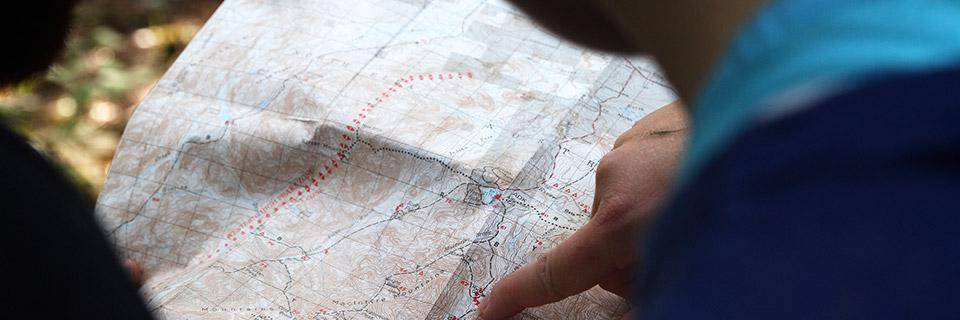
Where can I try orienteering?
The options of where you can try orienteering in France really is broad. Aix Les Bains features a great course through the Corsuet Forest. The Kamelot Camp in Courchevel is a lovely course, costing €10 per person, while the Équipements Sportifs et Ludiques is free. Les Gets also has an orienteering course, as well as Fontaine in Naves.
For a full list of France’s orienteering courses, visit the official website.
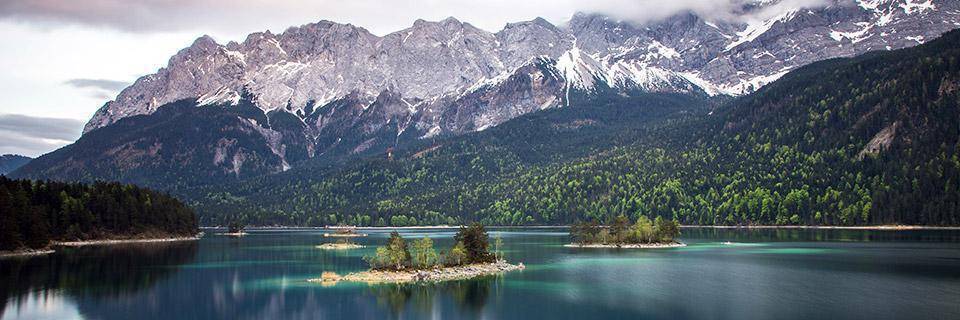
Do I need any equipment?
To go orienteering all you’ll need is comfy walking gear, including good walking boots, a rain mac, plenty of water, and a picnic highly recommended! You should be provided with a compass, a topographic map with the course printed on it in red, and a clear plastic map case. From there all you’ll need to do is find the markers!
Try not to look at your phone or GPS, but do take these just in case you get genuinely lost!
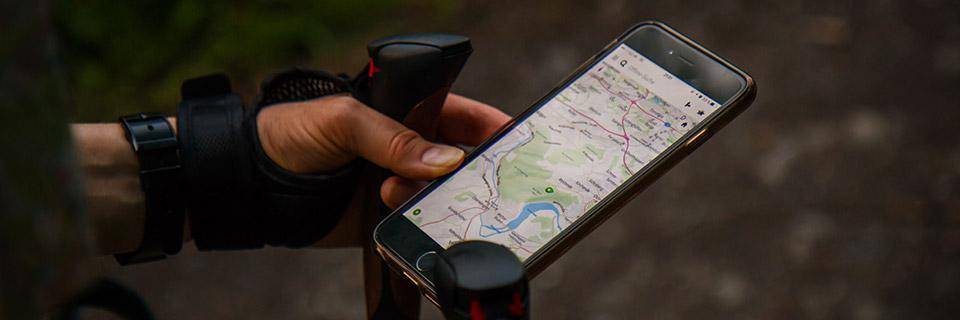
How about prior skills?
There are no prior skills needed to go orienteering. Even if you think you’re terrible at navigating (ie. You’re the one who gets you lost on a road trip, and can be found holding a map upside down), you actually have the skills in-built.
Yes, navigation is innate. We know our way to work, and how to find where things are in a supermarket. It’s all about knowing what to look for, which way to go, and how far away it is. Those are the key skills for orienteering, but generally it’s just a great way to spend an afternoon romping around the mountains!
